Despite the efforts of disaster management experts, many people still don’t realize that disasters can impact their lives directly. Most citizens believe that disasters happen to others, not to them.
Few understand that a major earthquake could leave a middle-class family homeless and dependent on government relief. On a national scale, frequent natural disasters can severely damage India’s economic goals of becoming a $5 trillion and later a $10 trillion economy. Economic stability depends on reducing the effects of disasters, which are a major cause of downturns.
National security is not just about protecting borders. True security means ensuring our economic goals are protected from disaster-related disruptions. This is where disaster risk insurance comes into play.
Prime Minister Narendra Modi emphasized this during his speech at the 2016 Asian Ministerial Conference on Disaster Risk Reduction (DRR). He introduced the Ten-Point Agenda, where the second point calls for risk coverage for everyone, from small households to multinational corporations.
Disaster risk insurance has two main roles. First, it provides physical safety through early warnings and disaster response. Second, it offers financial protection by ensuring fair compensation for losses. Governments can’t fully compensate individuals for disaster-related damages, making insurance crucial. Many countries use insurance to rebuild better after disasters, following sustainable business models.
India has now recognized the importance of disaster insurance. With disasters being inevitable, there are growing opportunities for insurance companies to support both the government and private sector. Recently, the National Disaster Management Authority (NDMA) held a workshop with leading insurance companies to explore disaster-related insurance options that benefit everyone.
One promising option is parametric insurance. This model allows quick access to insurance without lengthy claim verifications, based on agreed-upon disaster parameters. This could reduce delays caused by bureaucratic procedures and ensure faster relief.
Disaster risk insurance enhances human security, which is vital for national security, especially in areas affected by terrorism and conflicts. Historical examples, such as Bangladesh’s super cyclone in 1991 and Haiti’s earthquake in 2011, show how lack of support for disaster victims can lead to instability, illegal migration, and increased vulnerability to radical ideologies.
Closer to home, Pakistan faces a similar threat. In 2022-23, around 2.6 million people were displaced due to floods. With limited capacity to help its citizens rebuild, Pakistan’s instability could worsen, similar to how Afghan refugee camps became breeding grounds for radicalization in the 1980s and 1990s.
The world must take a pragmatic approach to human security and make disaster risk insurance a global priority. With increasing climate-related risks, protecting people through insurance is key to national and global stability.
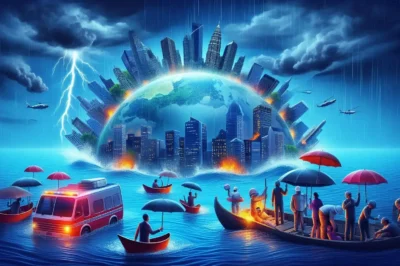








































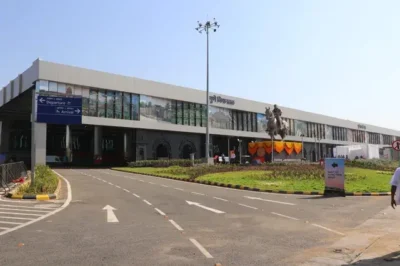




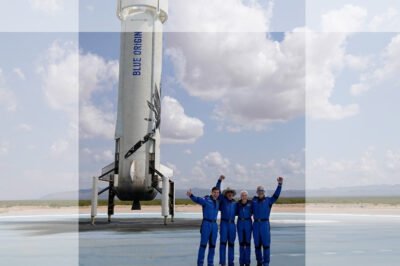




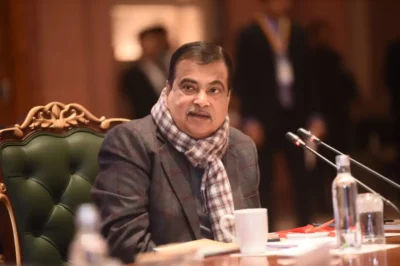

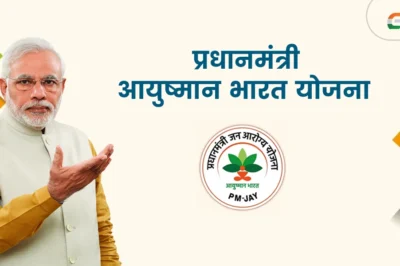

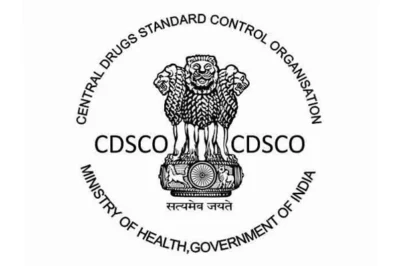












Leave a Reply